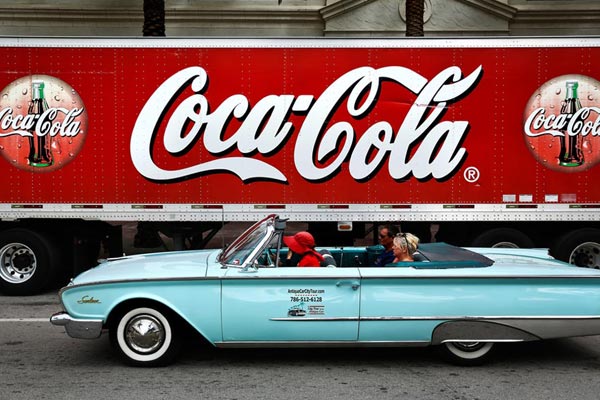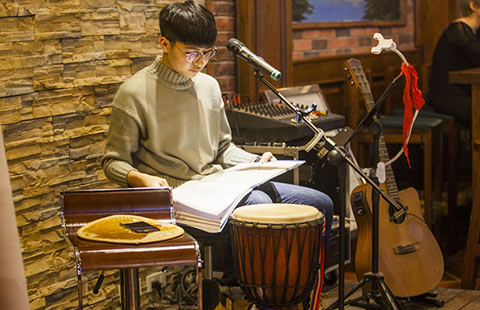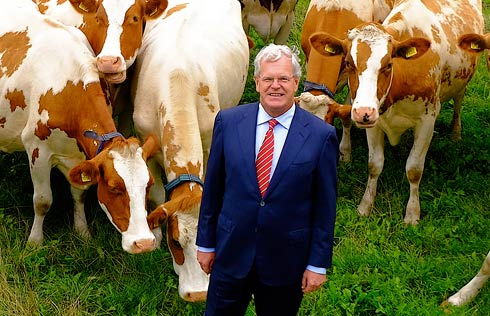Adulterated cosmetics raise big concern
Although CCTV's 3.15 show did not touch on the field of e-commerce, recently cosmetics suppliers have become a target of public criticism.
IT channel of Chinanews.com observed that many Web users denounce some e-commerce sites such as Jumei.com and Lefeng.com for selling cosmetics that are diluted. One Web user said that she compared the Cetaphil cleanser bought last year on 360buy.com with one bought abroad and found the former was much more diluted.
The IT channel also found frequent appearances of texts such as "generous offer for major brand cosmetics bottles" and some brand cosmetic bottles are being sold on Taobao, China's largest online marketplace.
The most direct way to attract consumers is to lower prices. But for online sellers, it is very difficult to get a 50 percent discount from official sources. In such cases, adding adulterated products to real bottles has become a means of survival for some unscrupulous sellers, said Feng Jianjun, deputy director of the Chinese cosmetics marketing research center.
Huang Tao, CEO of Lrlz.com, said, "Eighty percent of the cosmetics sold online are fake," causing heated discussion online.
"The number 80 percent is a little bit overstated. In the domestic cosmetics online shopping market, middle and low-end cosmetics and online independent brands occupy the mainstream position, and they do not have many fake products. Fake products sold online are mainly concentrated in the high-end international brands, such as Estee Lauder, Lancome and Dior," E-commerce observer Lu Zhenwang said.
Cosmetics tariffs are generally between 40 percent to 50 percent. Therefore, the best discount on sales of cosmetics can only be around 40 percent, and the probability of suspect products greatly increases if the discount is bigger than that, Lu said.
Earlier this month, Jumei, China's largest online cosmetics sales mall, and major cosmetics brands signed a joint self-regulation proposal of authenticity league of Chinese online cosmetics suppliers, hoping to deliver on the promise of 100 percent authentic products. But Lu says the nature of corporate self-regulation is entirely based on their own willingness, so the current situation cannot be dramatically changed.
If the government does not intervene and regulate, it is difficult to develop rules to determine the authenticity of products, which is also the main reason users have no way to lodge a complaint, Lu added.






















